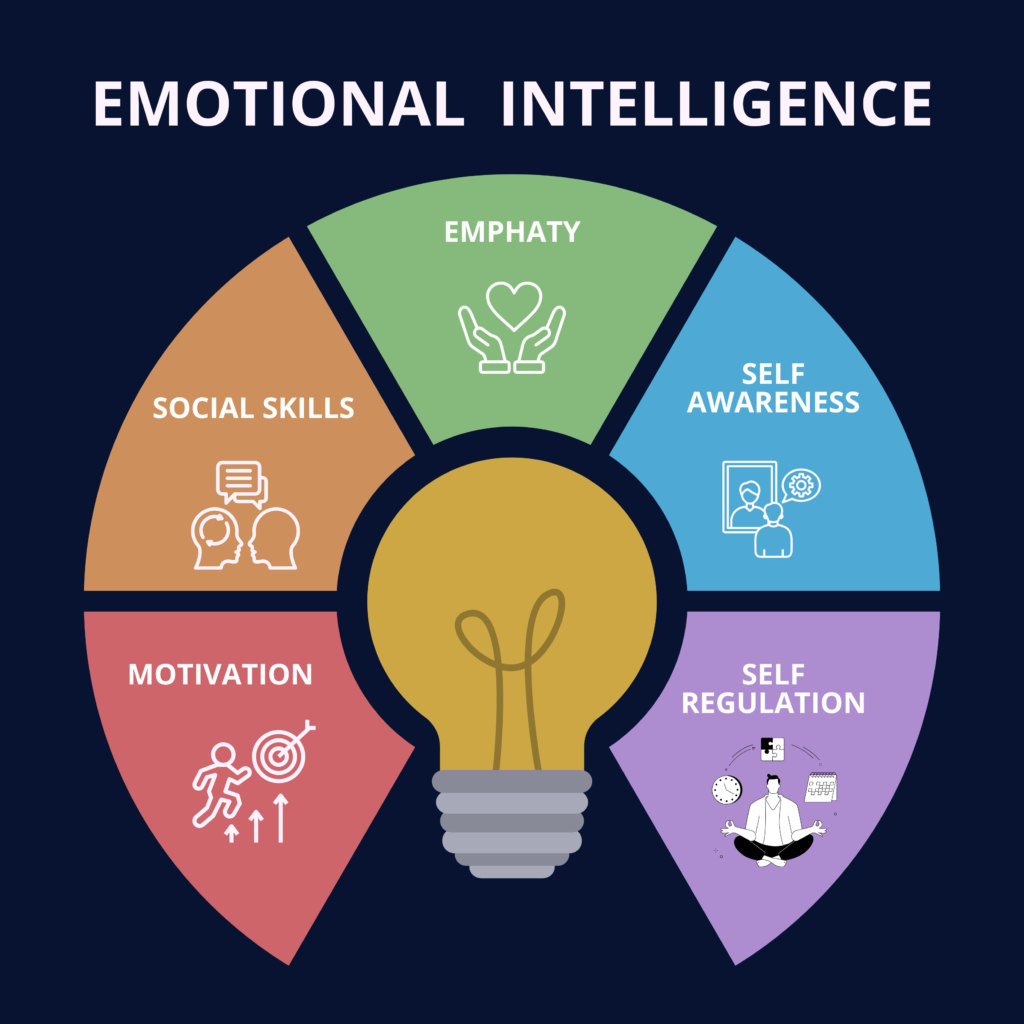The role of early relationships and attachments in young children shape their emotional development. Children observe many things, and they look at the ways in which those around them react to scenarios and thoughts. This becomes an aspect of their overall growth and how they will interact with the world around them as they get older.
Parenting is filled with opportunities to improve growth for parents and their children. There are many types of parenting styles, and each one affects children in different ways. In an effort to develop emotional intelligence in children, it’s important to allow them to express themselves toward their parents and family members. There can be different opinions on the way parents raise their children but they choose the best parenting style that works for them.
While interviewing Roxbury High School Senior Eliana Okun and Child Development teacher Ms. Kelly, they both share their opinions and ideas on this topic. Okun believes a strong strategy that parents can do to help their children develop positive emotional intelligence is, “Encouraging their children to hang out with friends and family.” She also states that, “A child follows anything that a parent does so, when kids see their parent not being social they think that’s what they should do as well.” Okun elaborates on this quote by talking about how children are very observant so therefore they will do what their parents do, because that’s what they watch as they grow up.
On the other hand, while speaking to Ms. Kelly, she shares knowledge that she has on emotional intelligence. For example, she explains that modeling is super important on a parents’ part. “It’s important for parents to model good emotional intelligence to their children because parents are their children’s first teachers.” She continues to talk about how communication is a big factor in all relationships. In certain situations, parents will experience misunderstandings with their children. “The first thing a parent can do is take a step back and realize that their children are learning life for the first time… When a child is not understanding something it’s not because they are trying to be defiant, it’s because they genuinely don’t understand. When a misunderstanding occurs, it’s important for parents to explain the misunderstanding rather than yell at their kid for doing something wrong.” Ms. Kelly has a better understanding of this topic because of her experience working with children for multiple years.
Communication is huge in a parent’s role when it comes to discipline because when they communicate openly and empathetically they model how to handle emotions and solve problems. This guidance helps the child develop empathy, self-awareness, self-regulation, and social skills. According to Weston Family Psychology, “Emotional intelligence lays the foundation for a child’s personal growth and development. It empowers them to develop a strong sense of self-worth and confidence.” This proves a point of allowing children to feel comfortable and show their feelings.
According to a quote by Rasmussen University, “Every child is unique and develops a little differently, but overall, there are three major steps to building a well-equipped, emotional toolbox. They involve practice and support from those who understand how important emotional intelligence really is. One crucial aspect of this development is social referencing.” The key to this is realizing that each kid develops at their own pace which requires preparation and assistance for the child.
Overall, there are a variety of opinions about this topic when it comes to parenting. The most important thing is to take children’s feelings into consideration. It helps the person they will become in the long run. As said in the second paragraph, parenting comes with so many opportunities and gaining patience with their child to guide them in a positive direction.








